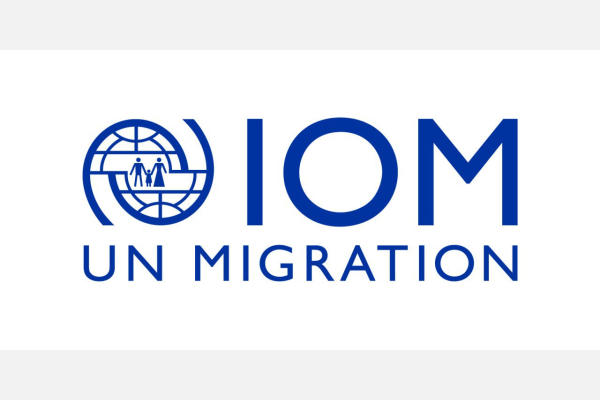Repository of Practices

Georgia and the Global Compact for Migration Reporting Guidelines for Consideration
Dates
Type of practice
Summary
With an aim to support the Government of Georgia’s participation in the voluntary reporting process, specifically in the view of upcoming International Migration Review Forum (IMRF) and subsequent regional reviews, and concurrently in the implementation of the Migration Strategy of Georgia launched in 2021, IOM, on behalf of the UN Network on Migration in Georgia, led a consultative process involving State Commission on Migration Issues (SCMI) to elaborate guidelines to provide information on the Global Compact for Migration and the available resources; assess the overlaps and interconnections between the Migration Strategy of Georgia 2021-2030 and the Global Compact; and to identify common points and priority areas including national migration priorities, policies, and strategies that Georgia could consider reporting on in line with the identified objectives of the Global Compact for Migration. Based on the initial desk research, followed by a number of subsequent discussions, working meetings, and consultations organized in May-September 2021 with SCMI, the guidelines provide an overview of the Global Compact for Migration, its reporting mechanisms and rationale; indicate how the existing Georgian migration governance documents are aligned with the principles and objectives of the Global Compact for Migration; provide implications of reporting; and include a suggested template indicating how reporting could be operationalized on the Global Compact with some suggested priority themes, with a focus on effective practices and innovative approaches.
Organizations
Main Implementing Organization(s)
Benefit and Impact
Key Lessons
Recommendations(if the practice is to be replicated)
Innovation
Additional Resources
Date submitted:
Disclaimer: The content of this practice reflects the views of the implementers and does not necessarily reflect the views of the United Nations, the United Nations Network on Migration, and its members.
More Related Practices:
- International Labour Migration Statistics (ILMS) Database in the Association of Southeast Asian Nations (ASEAN) region
- DEMIG-QuantMig Migration Policy Database
- Gender-Migration Index (GMI)
- Resiliencia y Protección: Casa de Seguridad para Activistas Nicaragüenses en Honduras y Costa
- Engaging United Nations Treaty Bodies on Worker Rights
Peer Reviewer Feedback:
*References to Kosovo shall be understood to be in the context of United Nations Security Council resolution 1244 (1999).
Newsletter
Subscribe to our newsletter.